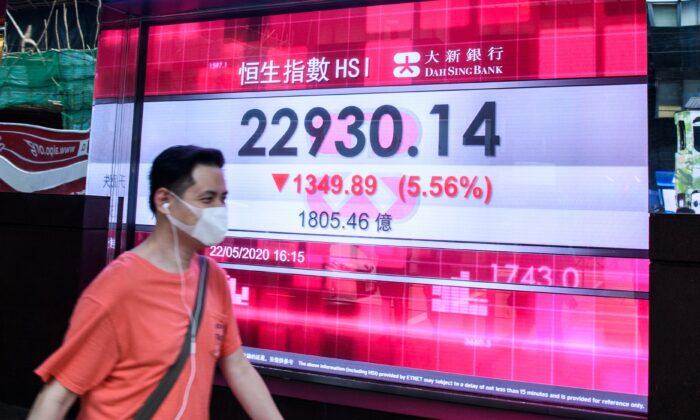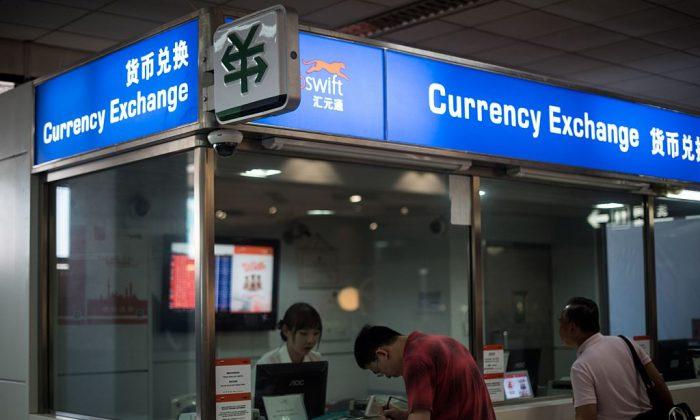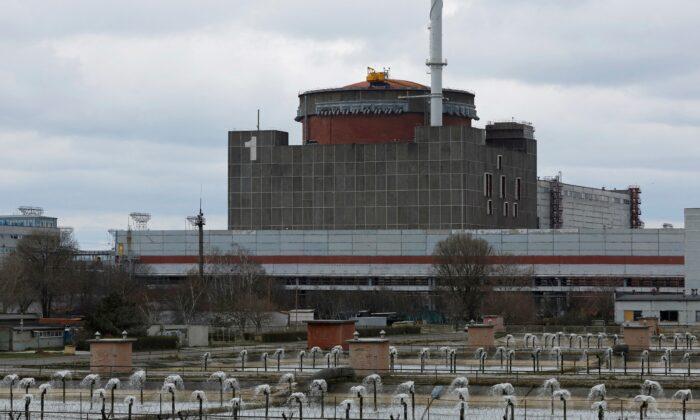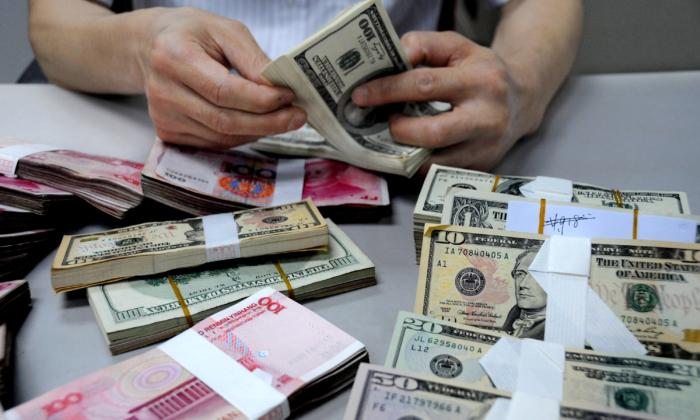China property shares rose dramatically after China proposed countermeasures to prevent risks in the debt-ridden real estate sector at the latest financial stability meeting. The scale of capital invested in the stock market was an extraordinary sign, Chinese media said.
Beijing’s bailout stimulated the Chinese stock market, which fell for the second day in a row as U.S.-China economic talks made investors less optimistic about the country’s economic outlook.
On March 17, the overall Chinese property stocks listed in Hong Kong rose 14.81 percent, with turnover reaching HK$15.83 billion (about $2.06 billion). Among them, the turnover of Sunac China (01918.HK) accounted for nearly one-third, at HK$5.239 billion ($680 million).
Notably, another listed large property developer Yango Group (000671, SZ) also saw an unusual surge, with its shares hitting the daily limit with a maximum increase of 10.13 percent. While on the same day, the company disclosed its failure to pay interest on two foreign debts, which triggered the accelerated maturity of four domestic debts and the corresponding failure to accrue principal and interest repayments amounting to 5 billion yuan (about $800 million) according to its March 18 statement.
“Debt defaults will continue to break out in China,” Li Yongyun, who has a doctorate in Economics and has long been concerned about China’s economy, told The Epoch Times on March 19, citing that although the Chinese central bank cut quotas and interest rates at the end of last year, the housing outlook is still not optimistic, with real estate financing holding tight, and many real estate developers still facing liquidity problems.
“Yanggo Group is such an example, its foreign bonds defaults would trigger the acceleration of the repayment of domestic bonds, resulting in domestic bonds defaults as well,” Li said.
According to Li, China’s real estate industry is still in the doldrums this year, and the real estate industry growth rate declined from January to February, especially commercial properties sales, real estate developers’ capitals, and with the development boom index in accelerated decline.
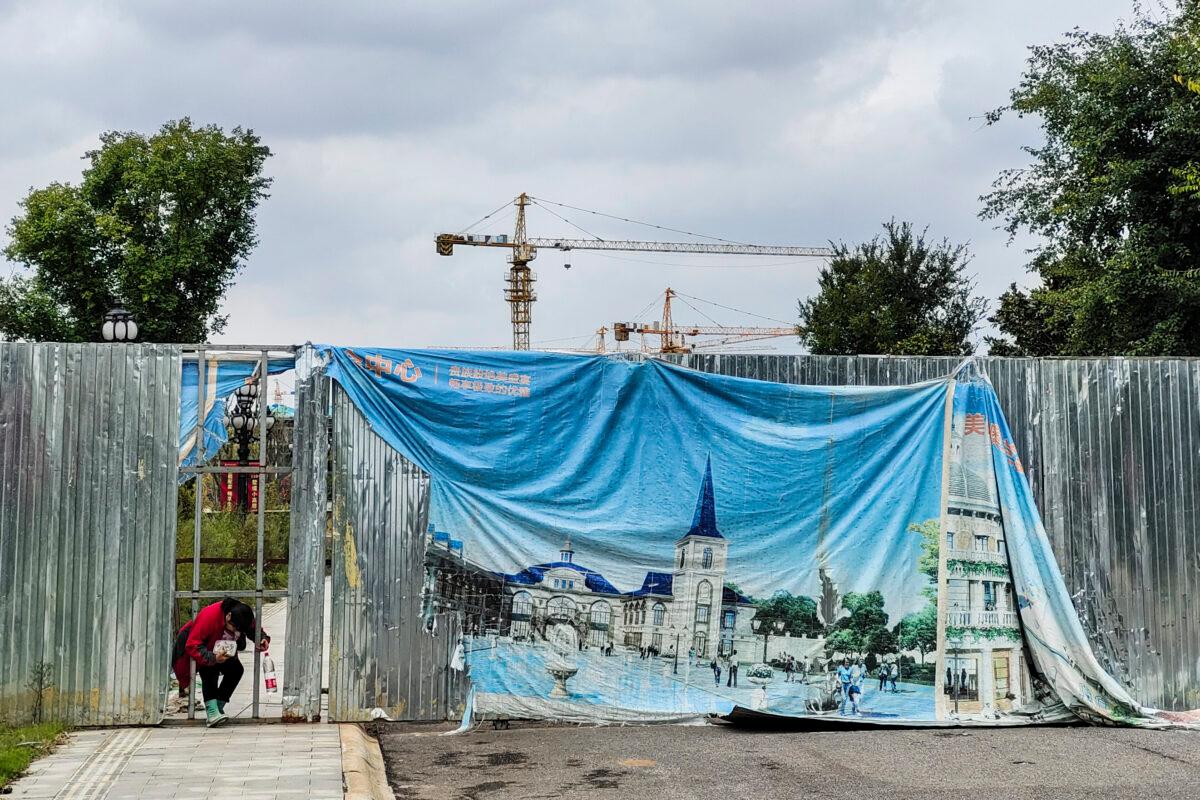
According to data for January-February 2020 from the Bureau of Statistics on March 15, China’s real estate market is declining, with new housing construction areas dropping by 12.2 percent and completed housing areas dropping by 9.8 percent.
Impacted by unexpected change and less confidence, medium- and long-term residential loans, mainly mortgage loans, grew negatively for the first time in 15 years, Li said.
According to March 11 data, released by the Central Bank, China’s consumption continued to fall in February, with RMB loan growth falling by 125.8 billion yuan ($20.1 billion) from last February.
As to the future direction of China’s real estate market, Li believes that it remains to be seen what specific policies will be introduced by the regulators.
